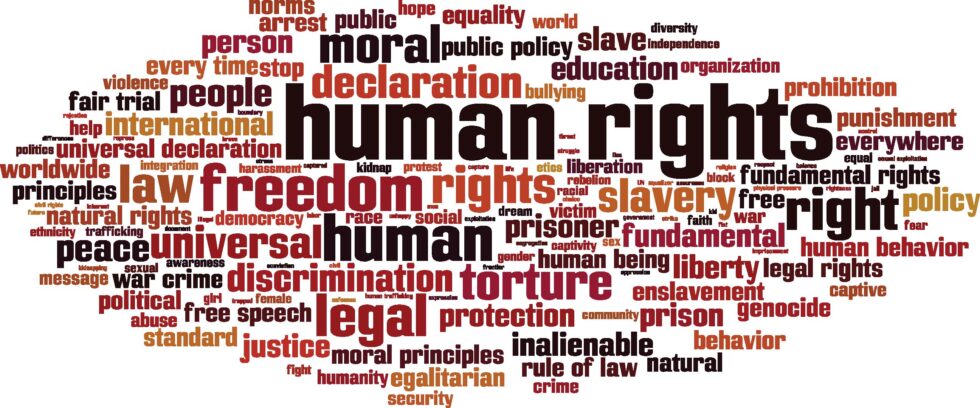
BASIC HUMAN RIGHTS
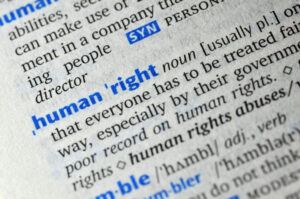
BASIC HUMAN RIGHTS ARE...
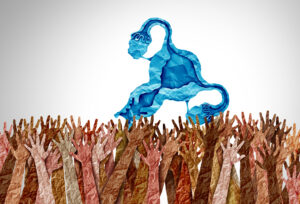
BODILY AUTONOMY
Abortion is a personal right of women only because women have the right to control their own bodies and make decisions about their own reproductive health. Women have the right to decide whether or not to carry a pregnancy to term, and this decision should not be taken away from them.
Abortion is a highly personal and often difficult decision, and it should be made by the woman who is facing the pregnancy. Women are the ones who bear the physical, emotional, and financial consequences of a pregnancy, and they are the ones who should have the final say in whether or not to continue that pregnancy.
Additionally, denying women the right to access safe and legal abortion care puts their health and lives at risk. When abortion is illegal or highly restricted, women may resort to unsafe and potentially deadly methods to end their pregnancies. This can lead to complications such as infection, hemorrhage, and even death.
Furthermore, denying women the right to access safe and legal abortion care is a violation of their human rights. Access to abortion care is an essential component of reproductive healthcare and a fundamental right of all women. Denying women this right is discriminatory and undermines their autonomy and dignity.
In conclusion, abortion is a personal right of women only because it is a fundamental aspect of their reproductive health and a basic human right. Women have the right to make decisions about their own bodies and their own lives, and this right must be protected and upheld.
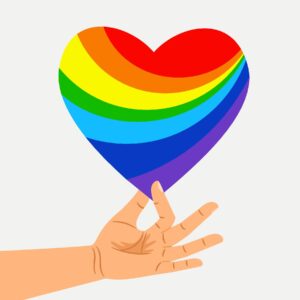
Freedom of Self Expression -
What is LGBTQ+?
This is an acronym that stands for lesbian, gay, bisexual, transgender, queer/questioning, and others. The “+” symbol is often used to represent other identities and experiences that fall under the umbrella of sexual orientation and gender identity, such as asexual, intersex, and gender-nonconforming individuals.
The rights of LGBTQ+ persons are basic human rights that are protected under international human rights law. These rights are grounded in the fundamental principle of equality and non-discrimination, and include the right to express their choices and live their lives without fear of discrimination, violence or persecution.
LGBTQ+ individuals have the right to freedom of expression, which includes the right to express their sexual orientation and gender identity without fear of punishment or discrimination. They also have the right to live their lives free from discrimination in all areas, including employment, education, housing, and healthcare.
The right to non-discrimination is enshrined in numerous international human rights instruments, including the Universal Declaration of Human Rights, the International Covenant on Civil and Political Rights, and the International Covenant on Economic, Social and Cultural Rights.
In addition to the right to non-discrimination, LGBTQ+ individuals have the right to privacy, the right to freedom of assembly and association, and the right to access justice and effective remedies for violations of their rights.
Despite the progress that has been made in many parts of the world in protecting the rights of LGBTQ+ persons, there is still much work to be done to ensure that these rights are universally recognized and protected.

Being Black in America
Black Lives Matter is a social and political movement that aims to bring attention to the systemic racism and violence that Black people in the United States face. The movement began in 2013 in response to the acquittal of George Zimmerman, the white man who killed 17-year-old Trayvon Martin, a Black teenager.
The movement’s central message is that Black lives matter just as much as any other lives, and that the U.S. justice system and society as a whole has consistently failed to value, protect, and uplift Black people. The Black Lives Matter movement seeks to address the deep-seated racial inequalities and injustices that exist in America, including police brutality, mass incarceration, economic inequality, healthcare disparities, and educational inequities.
The movement has gained significant momentum in recent years, particularly in response to high-profile police killings of unarmed Black individuals, including George Floyd, Breonna Taylor, and Ahmaud Arbery. These incidents have highlighted the urgent need for systemic change to address the deep-seated racism and injustice that Black people face in America.
The Black Lives Matter movement has brought attention to the ways in which Black people are disproportionately impacted by systemic inequalities and injustices in American society. By raising awareness of these issues and demanding change, the movement has helped to spur important conversations and policy changes aimed at creating a more equitable and just society for all people, regardless of race.
Discussion To Be Continued….

Dr. Nancy Sutton Pierce is a certified Clinical Sexologist, Relationship Expert & International Speaker who has dedicated her career to educating and empowering individuals and couples to create more fulfilling relationships and sexual experiences sans guilt and shame from a lifetime of dogma.
A clinical sexologist is a professional who specializes in the study of human sexuality and sexual health, and who provides therapy and counseling services to individuals and couples experiencing sexual issues or concerns.
Clinical sexologists are trained to address a wide range of sexual issues, including sexual dysfunction, sexual trauma, relationship problems, gender identity issues, and concerns related to sexual orientation, among others. They may work in private practice, hospitals, clinics, or other healthcare settings, and often work collaboratively with other healthcare providers, such as physicians, psychologists, and social workers.
Clinical sexologists typically hold advanced degrees in fields such as human sexuality, psychology, or counseling, and may be licensed or certified by professional organizations such as the American Association of Sexuality Educators, Counselors and Therapists (AASECT) or the World Association for Sexual Health (WAS). They are trained to provide non-judgmental, compassionate care to individuals and couples seeking support for their sexual health and well-being
The term “dogma” generally refers to a set of beliefs or principles that are held as true and unquestionable by a particular group or organization, typically related to religion or ideology.
Dogma can be characterized by strict adherence to a particular doctrine or set of principles, often without any room for questioning or dissent. It can be used to justify beliefs or actions that might otherwise be questioned or criticized.



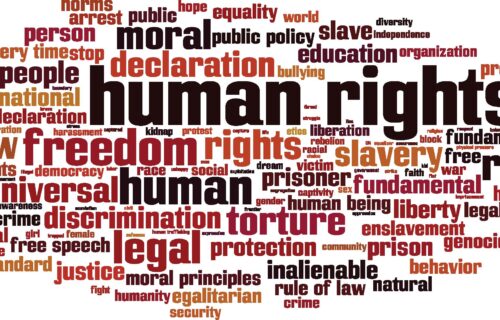
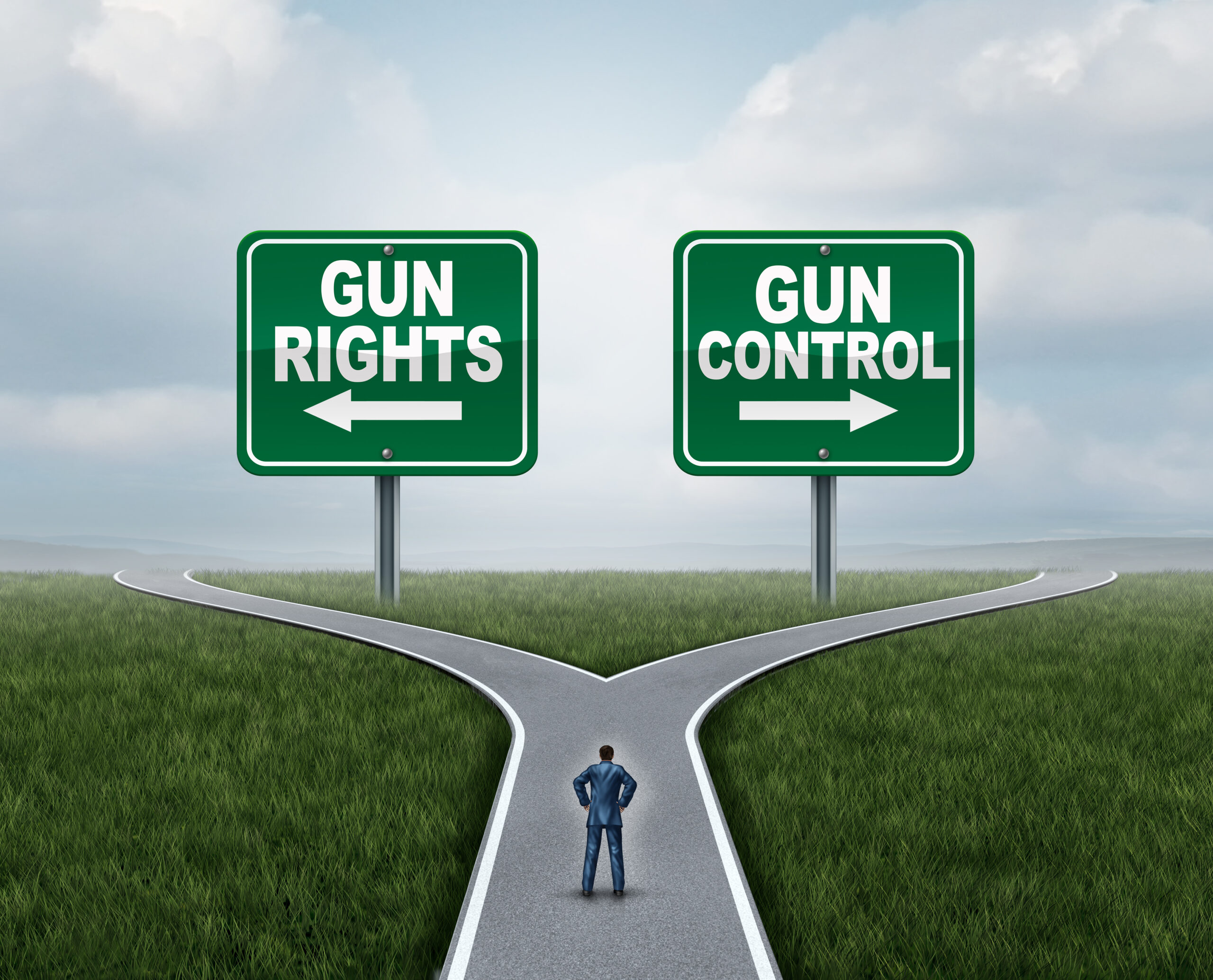
Add A Comment